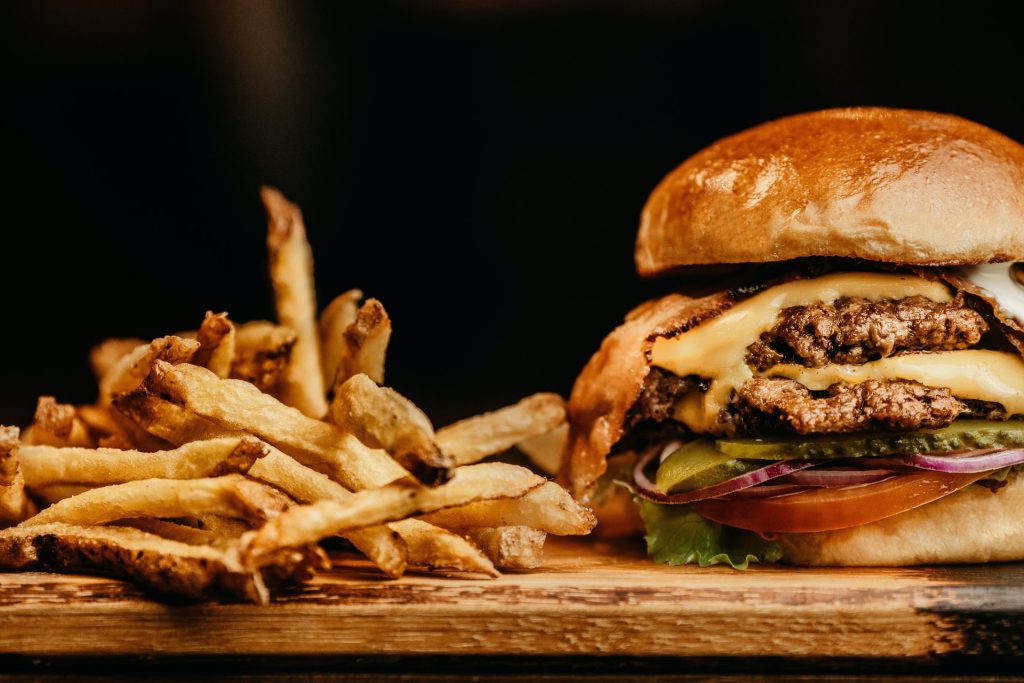
Regularly eating a high fat/calorie diet could reduce the brain’s ability to regulate calorie intake, according to a study published in The Journal of Physiology. Rat studies revealed a signalling pathway which causes a quick response to high fat/high calorie intake, reducing food and calorie intake. But continuously eating a high fat/calorie diet seems to disrupt this signalling pathway, sabotaging this short-term protection.
Senior author Dr Kirsteen Browning said, “Calorie intake seems to be regulated in the short-term by astrocytes. We found that a brief exposure (three to five days) of high fat/calorie diet has the greatest effect on astrocytes, triggering the normal signalling pathway to control the stomach. Over time, astrocytes seem to desensitise to the high fat food. Around 10–14 days of eating high fat/calorie diet, astrocytes seem to fail to react and the brain’s ability to regulate calorie intake seems to be lost. This disrupts the signalling to the stomach and delays how it empties.”
Astrocytes initially react when high fat/calorie food is ingested, triggering the release of gliotransmitters, chemicals (including glutamate and ATP) that excite nerve cells and enable normal signalling pathways to stimulate neurons that control stomach function. This ensures the stomach contracts correctly to fill and empty in response to food passing through the digestive system. When astrocytes are inhibited, the cascade is disrupted. The decrease in signalling chemicals leads to a delay in digestion because the stomach doesn’t fill and empty appropriately.
The vigorous investigation used behavioural observation to monitor food intake in rats which were fed a control or high fat/calorie diet for one, three, five or 14 days. This was combined with pharmacological and specialist genetic approaches (both in vivo and in vitro) to target distinct neural circuits, which enabled the researchers to specifically inhibit astrocytes in a particular region of the brainstem. In this way, they assessed the response of individual neurons.
Human studies will need to be carried out to confirm if the same mechanism occurs in humans. If this is the case, further testing will be required to assess if the mechanism could be safely targeted without disrupting other neural pathways.
The researchers have plans to further explore the mechanism. Dr Browning said, “We have yet to find out whether the loss of astrocyte activity and the signalling mechanism is the cause of overeating or that it occurs in response to the overeating. We are eager to find out whether it is possible to reactivate the brain’s apparent lost ability to regulate calorie intake. If this is the case, it could lead to interventions to help restore calorie regulation in humans.”
Source: The Physiological Society

